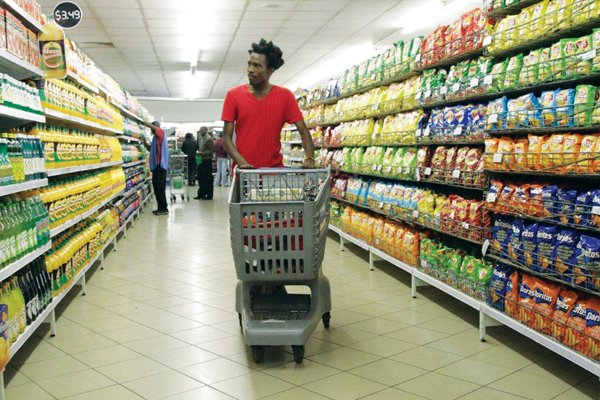In the year 2016, Government, in a bid to industrialise by import substitution, and promote “buy local”, gazetted Statutory Instrument 64 of 2016 (SI 64) which required traders to obtain an import licence from the Ministry of Industry and Commerce before importing basic commodities, builders-ware products, furniture and woven fabrics of cotton, just to mention a few.
The coming into effect of SI 64 was met with violent demonstrations. However in its short life span, the instrument saw South African cooking oil manufacturer, Willowton, constructing a $40 million refinery in Mutare to produce D’light cooking oil locally as it could no longer exports large quantities of its product to Zimbabwe. This development meant a number of jobs were created for locals.
Fast forward to October 2018, Zimbabwe instantly ran out cooking oil owing to speculative price hikes, despite the fact that the country now has five refineries. It therefore means either the industry, which Government was trying to protect through instruments such as SI 64 (which was repealed and replaced by SI 122 of 2017), might not have grown at all, or it simply withheld products in response to spiraling parallel market rates, in turn further fuelling the speculation – talk of biting the hand that feeds you.
Zimbabwean industrialists need to know that Government cannot protect them forever; hence they have to pull their own weight. This is so because Government has signed numerous Trade Protocols which require elimination of tariff and non-tariff barriers to trade.
Some industrialists have conversely placed the blame for their slow growth on locals whom they accuse of having an insatiable appetite for foreign products. As Zimbabweans, we indeed import everything – from Chinese tooth picks to second hand Japanese cars using, unfortunately, the scarce foreign currency. We have to tame our appetite for foreign goods in order to help correct the anomaly. Every finished product we import translates to exporting jobs of creating that very product and tying up the much needed foreign currency in useless or underutilized products like second hand cars parked on numerous car dealerships around the country. As a result there will never be enough jobs or foreign currency to go around.
On their part, opposition political party leaders and pseudo activists have blamed alleged Government over expenditure for the shortage of foreign currency and the general economic downturn being faced in the country. I find these calls insincere – why are they are not backed with equal calls to reduce Government services, salary cuts or voluntary retrenchment. The country’s population is growing and citizens are actually calling for more Government services, for instance decentralization of the passport office – which translates to more Government spending on employment, equipment and office costs.
Government, truth be told, is doing its part – from protecting industrialists from an avalanche of cheap, sometime substandard foreign goods to widening the tax base in a bid to correct the budget deficit. The recently introduced 2% tax on electronic transfers, however drew mixed reactions, with business and progressive Zimbabweans welcoming the move, while on the other hand opposition political party leaders and pseudo activists argue that the tax would burden the poor (which I suppose must be taken with a pinch of salt coming from a group that has promised to render the country ungovernable and the fact that this is the only way to get out of the fix we find ourselves in). President Emmerson Mnangagwa is however on record explaining that, “the traditional methods of revenue collection are changing by the day. Migrating from the past tradition to modern ICT patterns, (and) as Zimbabwe, we must follow and adapt in terms of revenue collection.”
The long and short of it is that, we have to first earn foreign currency by producing goods for export for money does not grow on trees. This has to be supported by effective revenue collection means so that we can quickly correct the budget deficit. We also have to prioritise the consumption of locally manufactured goods so as not to export jobs and squander the much needed foreign currency in exchange for goods we can manufacture.
To achieve all this we simply have to rally behind our flag, as Zimbabweans, for political differences do not bring food on the table. No amount of ill-informed picketing will bring foreign currency in the country. The same Zimbabwe Congress for Trade Unions (ZTCU) demonstrating against widening the Government’s tax base today, will tomorrow be demonstrating for salary increase – where will the money come from if we are not producing, exporting or paying taxes?




